I am a smart home system integrator in Suzhou City (the two or three brands he represents are not publicly disclosed). I have experienced eight years before and after, and I am considered to be an old gun in the integrated field. Yesterday, a friend who did not often contact with him inadvertently told me about his integrator's rough experience of more than half a year. In two words, he lost. The brand he represented did not say anything.
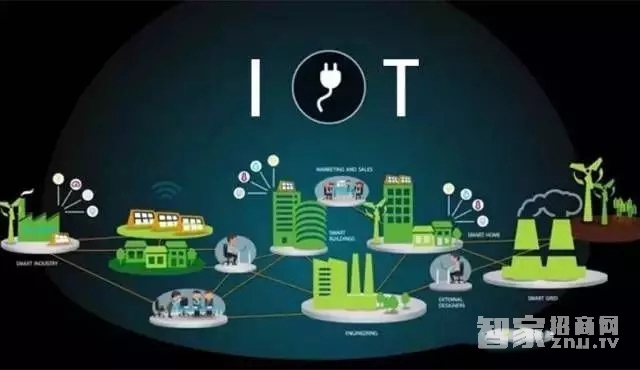
When he first started, he didn't say he was a smart home engineering agent. What he later meant was that he did not want to grab my business. However, this may be his own narrowness.
Let's say so, since last year, I have discovered that people who work as smart home dealers and integrators around are really much more, rational, and blind, and everyone is ignorant and ignorant. As an old gun that has been working in the integration industry for eight years, I'd like to spit a bit with some of my own knowledge.
Is the hardware developed independently?
Smart home, the core is the hardware! Smart home product development does not seem difficult, many college students can drum a circuit board out, but the test version of the smart home and production of smart hardware is two different things, do To be stable, user experience is good, and you can also accept the inspection of batch use, then it's not a good idea to do R&D in the lab.
Therefore, for a good smart home company, hardware products must have the ability to design, develop, and produce. However, my experience tells me that no company in the smart home industry has 100% self-developed hardware products (of course, 100% may not be necessary for independent research and development).
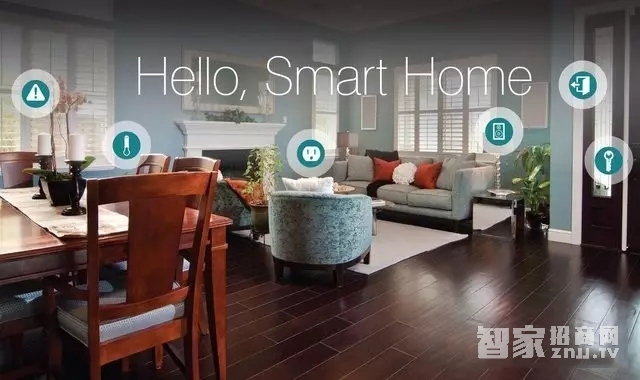
The main product lines and core hardware, such as smart hosts (some are called smart gateways), intelligent switchboards, and intelligent control products, must be developed independently. Otherwise, it is the use of public-mode solutions in the industry, or Simply let other companies OEM. It must be said that there are not many companies with independent research and development capabilities, and most companies only have the ability to open molds and assemble production.
In addition to independent research and development capabilities, depending on the integrity of the hardware of a company, most companies cannot provide complete products, and very few companies can provide them.
Few industries have the same technology span as the smart home industry. My understanding is that the starting threshold for independent R&D companies should not be less than 25% of R&D personnel; the number of R&D personnel in independent R&D companies should be at least 40%. % is even higher.
APP experience is good
The universal APP has been used by everyone. This doesn't need me to say anything, but the smart home APP, it is to use the hardware together. This is an interactive experience that is intuitively presented to the user. Its importance is not lost on hardware products. If anyone ignores this, he will fall into the pit.
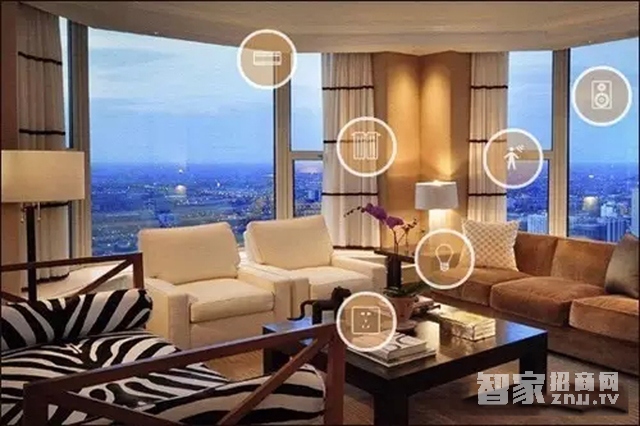
There are three situations in the APP in the smart home industry. The first is purely self-developed, each line of code (including iterative updates) is written by itself; the second is semi-autonomous development, APP development is dumped to the outsourcing company, the third is With the APP public version, change the LOGO of the APP.
Some people have done smart home APP classification, smart home public version of APP not less than 60%, outsourcing APP more than 30%, less than 10% of autonomous APP. If it is not self-developed, APP can't be updated for a year and a half, it will not be updated only in terms of cost, and it may be possible to have a good experience, but on the other hand, it has seen an average of less than one month to update a version. The APP, such a speed is not necessarily a lot of Internet companies, and its interactive experience is not even the best, it can not be bad.
As far as I can't experience six or seven smart home apps, there are very few autonomous apps in China that have almost the same experience as general information apps. However, foreign brands of APPs are so hazy that they may want to prioritize foreign markets and not be accustomed to domestic use. The user changes, but this is a typical dying rhythm.
Does the brand have an influence?
The brand is more virtual than it is in the smart home industry. Many companies advertise the XX brand or the XXX brand. This is where many integrators and distributors can easily be fooled. The previously mentioned friend who did the loss was because he chose Smart Home Co., Ltd. inadvertently.
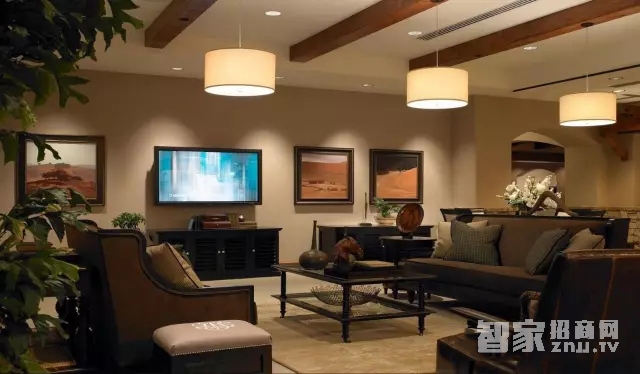
What kind of company is called a smart home brand?
Foreign brands? Previously, it is not necessarily today, except that individual foreign brands are wiring technology, and the prices are very high. The smart home thing, the bandits have long been not the main customers, do not think young rich people like old bandits as big bucks. There are these two dead spots. Can you do more than five or six projects a year when you die? This can't be done. It's not what it is.
Isn't it a big BAT company? BAT, Huawei, and JD.com have all set foot in smart homes. Their influence is also very strong. But they are not brands in the smart home industry, or you let them provide specific product tests. test.
Is it a local product company? Yes, there is no strong influence on the brands in the smart home industry. It is actually easy to see. Is the media interested in it, is it interested in capital, has it been acquired by giants, or financed by large projects? Also, are developers interested in it and what developers are daring to use their products (note, not signing a strategic cooperation agreement, but a real mass installation).
The simple judgement is that smart homes have not yet been advertised in other industries. They only look at the frequency that it has been mentioned by the media. Frequently there are influence brands. Companies that are rarely mentioned by the media can hardly be a brand. . It is rough, but it is not rough.
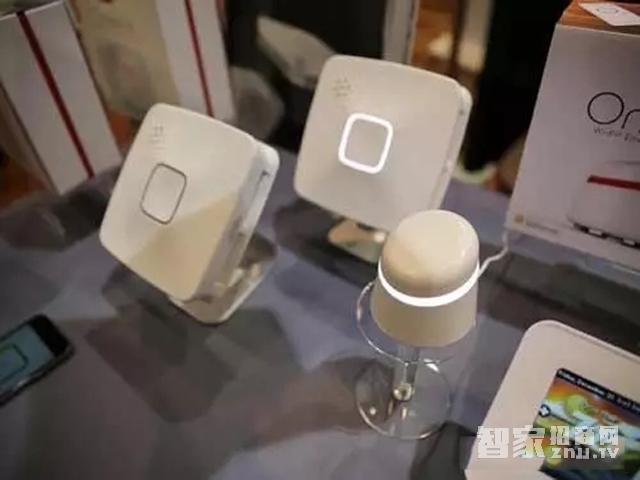
What about product design?
In the past, depending on what smart homes depended on, it might be necessary to rely on flicker and not to listen to each other. However, to be honest, the old gunners of this line did what they did today and discovered that the functional differences between products and products have become smaller and smaller. No matter how good the hardware is, it doesn't look good. Who will give me a flicker to try? The hardware should have a good design, and the customer has a better impulse to buy.
We do not have to look at how many tricks are used by those building materials and homes, and those who wish to upgrade their home environment will choose an ugly product that is as ugly as a product to be loaded with their own walls?
This is not to say that people who can afford to use smart homes want good-looking products, but they say that nowadays, what people use at home or on the body, if they can afford something, they must rely on appearance lines and their color combinations. Therefore, do not underestimate the number of local smart home companies, and some companies have considered the development of products very detailed, such as a product installed in the wall where and how high and how to install better look.
According to the five exhibitions attended by individuals in the past two years, the industrial design in the smart home industry has generally progressed more than before. However, if it is said that who has received the recognition of the market, it may not be the time for that.
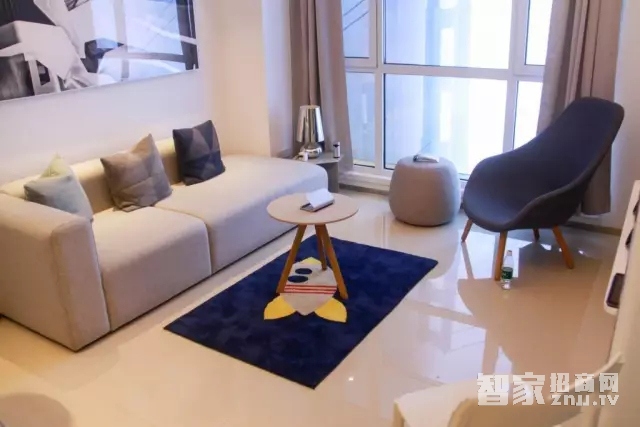
Can the service ground gas?
The service is generally imaginary. The matters that the agents are concerned about are written into the contract. It may be pragmatic, but it should not be too troubling. In fact, judging whether a smart home company can do a good job is not difficult.
The degree of concentration is to be seen, if the smart home is the sole business or main business of a company, the degree of concentration will not be worse. For example, Haikang, Dahua, Philips, etc. They also have smart home business, but smart homes are only small or even negligible businesses of these companies. Their emphasis on smart homes can be speculated.
Professionalism is also a must-see. Most smart home companies hire companies, and then they are thrown there. They love to die and love to live. It is impossible to expect a company headquarters to provide propaganda support for this region, but some companies do not publicize it throughout the year.
In addition, the display racks, display boxes and other VI materials are available, which is the minimum support. Light is not enough. Agents go out to visit customers at any time and how to make proposals to customers on the spot. Some companies do not have the right tools, but some companies do well. They have gone to the PRM system. Dealers and integrators are ready to present their plans, product lists, installation locations, preview results, and project budgets to their customers. Customers can see them on the spot. How much does it cost to use and what kind of smart home to install?
Do wired or wireless
Whether wired or wireless, this should not usually be a problem. Smart homes were initially based on wired technology, moving from building automation to home automation. At that time, few people used smart homes. Around 2013, in addition to the original manufacturer's insistence, there is no new factory for wired smart homes, and the new smart home systems are all out of the direction of cable technology.
Frankly speaking, wired smart homes are mostly related to foreign brands, and one of its deadliest points is that the unit price is too high (it is ridiculous that there are two or three hundred thousand sets at a time) and it is out of touch with the social trends of hobby change. For integrators and distributors, if there is no strong resource background, it will not play, and it is only suitable for building intelligent engineering companies that hold Class B or higher engineering qualifications. Like some of his colleagues fell into the pit, more than half of the reasons for the smart home agent wired technology, customers do not buy it, inventory does not go out.
In a word, the wired smart home will not die for a while, but as a smart home industry to enter the home, if there is no major upgrade, it will be just two or three years. As you may have noticed, the market where cable technology has been fluctuating has now been reserved for wireless technology. It does not mean that wireless technology is amazing.
PTC Thermistor for Overcurrent Protection for Telecom
PTC Thermistor ,Thermistor,Thermistor for Overcurrent Protection ,PTC Thermistor YZPST
YANGZHOU POSITIONING TECH CO., LTD. , https://www.cnchipmicro.com